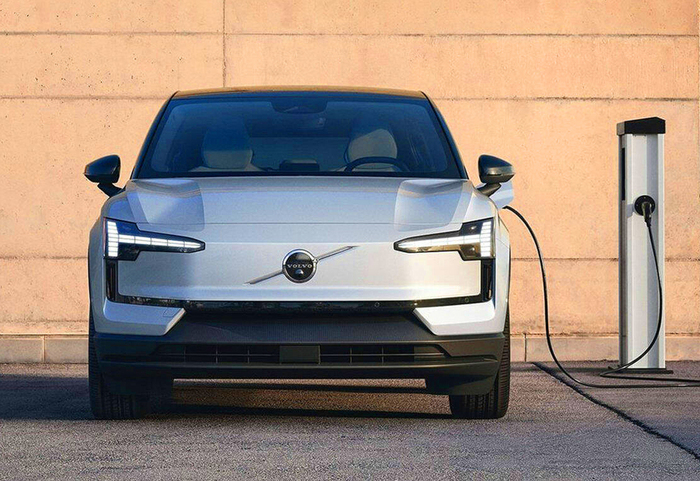In the days that we are living, the process of ecological transition remains a more tangible reality than ever.
The need to contribute to stopping the climate emergency is becoming evident these days, in which the future has caught up with us.
We are suffering effects that were not expected to happen until the next decade.
But there is not only environmental concern, the high energy prices, unimaginable just two years ago, and the need to guarantee supply and energy sovereignty in the face of crises such as the one produced by the Russian aggression against Ukraine show the need to accelerate the transition process.
Renewable technologies, such as photovoltaics, which contribute to curbing the climate emergency are also the same ones that produce cheaper and endogenous energy for us.
Photovoltaics enjoyed a record year last year.
3,200MW were installed on land and another 1,200MW in self-consumption.
Everything indicates that we will close this year with significantly higher figures than in the past.
The path to achieve the objectives established in the National Integrated Energy and Climate Plan (PNIEC) of reaching 39 GW by 2030 seems clear.
But this does not make it without its challenges.
In the first place, it is necessary, for the reasons indicated above, to increase this objective to an amount that oscillates between 55GW and 65GW, depending on the degree of progress of storage and electrification.
Perhaps the first challenge is that of improving social acceptability.
Although at a social level this continues to be very high, in certain areas, where it is intended to carry out a greater number of projects, the action of neo-denialist platforms that group together, from competitive economic or electoral interests to environmentalists without a global vision of the problem , question the installation of the plants.
The solution starts from the work of the sector for the integration in biodiversity, for the maximization of the positive socioeconomic impact and the expediting of environmental evaluations.
It is also important to make the public aware of the plans that really have to be carried out and to promote a transparent and responsible communication policy that clears the panorama of the abundant hoaxes that dominate it.
We are a technological sector that is born from social support and cannot lose it.
The second important challenge resides in the administrative bottlenecks, a problem common to all the countries embarked on this process.
The good investment response to the call for the transition process collides with the structural rigidities of the administration, mainly in relation to strengthening human capital.
It is necessary to rationalize the processes without making them more lax, since it would be detrimental to the social guarantee.
With more rational processes, times could be reduced by a third.
An unnecessary year of delay for administrative reasons in a project is an unnecessary year of CO2 emissions and more expensive electricity.
No less a challenge, is to transform some intermittent technologies into others that guarantee the supply of energy in the same conditions of quality and predictability as the previous conventional energies.
Promoting and regulating the storage and production of green hydrogen, in its different formulations, as soon as possible, is essential.
The marginalist electricity pricing system has shown its shortcomings as an effective price allocator.
Economic actors need to know, as soon as possible, what are the rules on the basis of which energy is going to be remunerated.
It is not about temporary reforms.
A complete overhaul of the system is needed to offer adequate returns to investors while being able to capture the competitiveness of renewable technologies for consumers.
Investments in renewable energy are capital intensive investments.
Until now they have benefited from the existence of cheap and abundant money with few alternatives in which to invest.
The new monetary scenario with high inflation rates and expensive money, presents an unknown as to what will be the impact it will have on renewable investments.
Advancing in the ecological transition means substituting fossil final consumption for electricity produced by renewables and in this aspect, as with the essential of increasing energy efficiency, progress is not being made at the required speed.
The ecological transition is an opportunity for us to also have a more competitive market, with a large number of players.
In this new configuration, distributed generation has to play an important role.
Some measures to speed up the transition and improve their socioeconomic integration have side effects of added barriers for small and medium-sized enterprises.
They need a special regulatory ecosystem that allows them to compete on a level playing field.
The environmental aspects of the ecological transition are a pressing need.
The economic aspects, a unique opportunity for our country.
For the first time, it is within our reach to have more competitive electrical energy than any of the neighboring countries.
We can't waste it.
Carrying it out as soon as possible has to be a real country project.
History will not absolve those who do not do their best to take advantage of it.
José Donoso is the General Director of the Spanish Photovoltaic Union (UNEF).
Subscribe to continue reading
Read without limits
Keep reading
I'm already a subscriber









